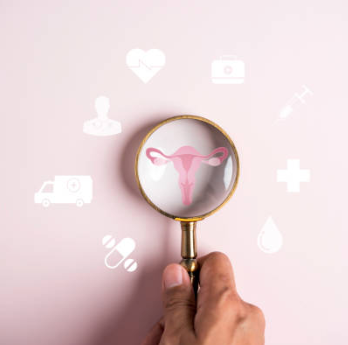Practical Advice for Taking Probiotics
Probiotics are essential for maintaining a healthy gut, but knowing when and how to take them can be confusing. Probiotics for the small intestine and colon thrive on food and water, but instructions can vary. Here's a comprehensive guide based on your specific needs to ensure you're getting the most out of your probiotics.
1. Excess Stomach Acid
If you have excess stomach acid, avoid taking probiotics immediately after eating. Instead, wait until your food is fully digested and your stomach is empty. Then, take the probiotics with a glass of water. This helps dilute the stomach acid and allows the probiotics to move directly to the duodenum, where they can thrive.
2. Low Stomach Acid
For those with low stomach acid, taking probiotics after meals can make digestion difficult. The food and water mixed with stomach acid lower its acidity. It's best to take probiotics once digestion is complete, and the food has moved to the duodenum. This ensures that the probiotics are not hindered by the low acidity.
3. Busy Professionals
Busy professionals often find it challenging to wait until digestion is complete after breakfast to take probiotics. Instead, take them after dinner once the food has moved from the stomach to the duodenum. Ensure you take them at least 30 minutes to an hour before bedtime, as lying down makes it difficult for the probiotics to move to the duodenum. Alternatively, take probiotics specially formulated to withstand stomach acid after breakfast for convenience.
4. Severe Constipation
If your stool is dark, green, thin, sticky, and foul-smelling, it's essential to clean your colon first. If that's not possible, take probiotics at three times the recommended dose on the label. Once your stool color returns to normal, you can reduce the dosage. This approach helps to ensure that the probiotics can work effectively.


